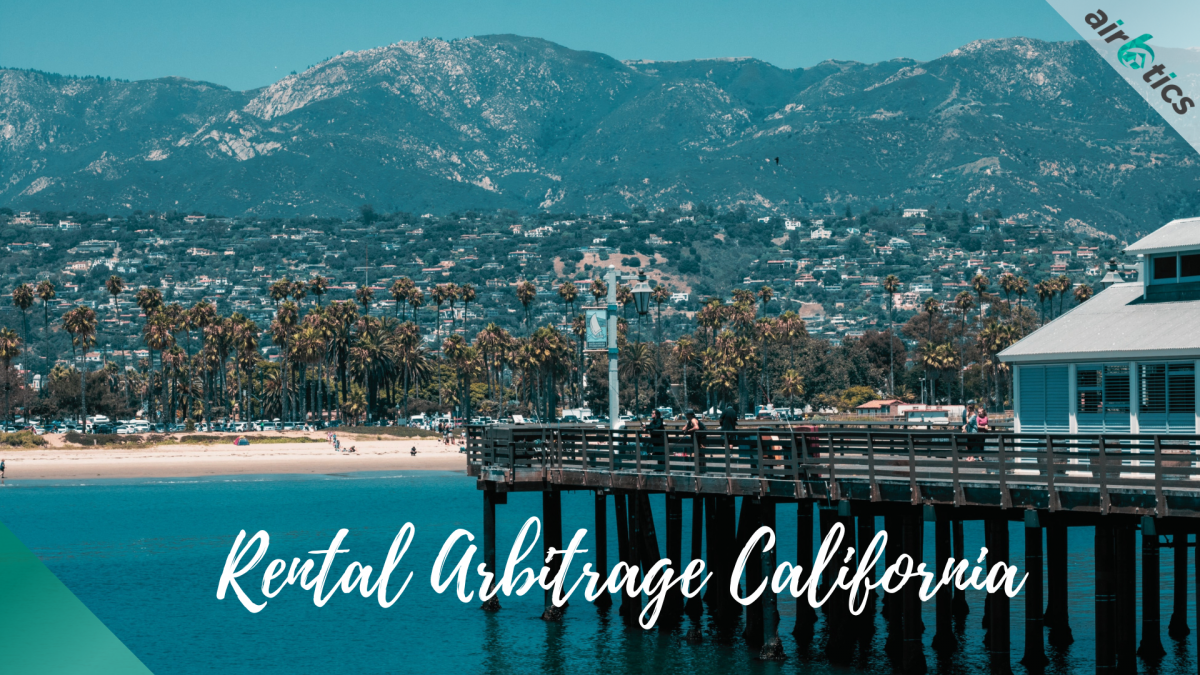Table of Contents Add a header to begin generating the table of contents Introduction Owning a property in the heart of California is probably one of the greatest accomplishments that a property investor can brag about. Not only will you be in the center of film, travel, or health care, but you’ll also get a […]




